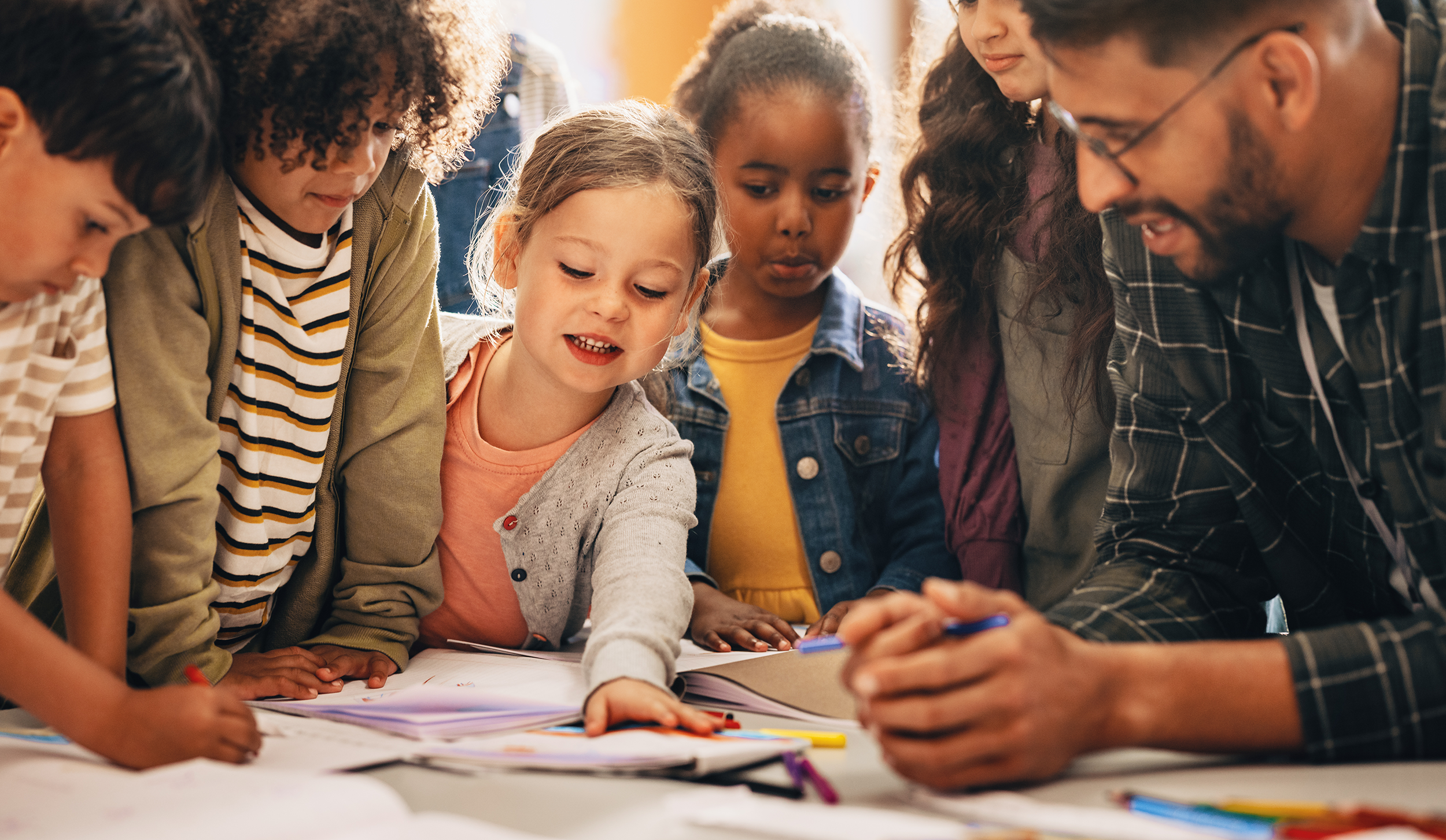Digital Citizenship Resource List
Digital citizenship is a holistic and positive approach to helping children learn how to be safe and secure, as well as smart and effective participants in a digital world. That means helping them understand their rights and responsibilities, recognize the benefits and risks, and realize the personal and ethical implications of their actions.
This resource list offers useful activities, information, websites, programs, and curricula. While we think each of the identified resources contains valuable information, we do not endorse all the recommendations or views in these resources. Some of the resource descriptions listed below have been pulled from organizational websites.
Source: ciconline.org/DigitalCitizenship
Resources for Educators
Common Sense Education’s Digital Citizenship Curriculum is designed to empower students (K-12) to “think critically, behave safely, and participate responsibly in the digital world.” The cross-curricular units address digital literacy and citizenship topics in an age-appropriate way. Units include internet safety, cyberbullying, digital footprint and reputation, information literacy, relationships and communication, and more.
Edutopia’s “Digital Citizenship: Resource Roundup” is a collection of articles, videos, and resources on cyberbullying, netiquette, and internet safety.
Digital Citizenship is a Professional Learning Community (PLC) that provides ideas and discussions about how to help kids be safe, responsible, and respectful participants in a digital world. Educators can ask questions and participate in discussions and webinars.
iKeepSafe and Google created a curriculum for educators to teach students what it means to be a responsible digital citizen. The curriculum is designed to be interactive, allowing students to learn through hands-on and scenario activities. Each workshop contains a resource booklet for both educators and students that can be downloaded in PDF form, presentations to accompany the lesson, and animated videos to help frame the conversation.
Project New Media Literacies and The GoodPlay Project created Our Space: a set curricular materials designed to encourage high school students to reflect on the ethical dimensions of their participation in media environments. Through role-playing activities and reflective exercises, students are asked to consider the ethical responsibilities of other people, and whether and how they behave ethically online.
To Share With Families
Common Sense Education helps parents and caregivers navigate and discuss the impact of digital media on kids’ social, emotional, and intellectual development. Their “Digital Passport” includes games for kids, outreach kit, advice videos, family tip sheets, family media agreements, and more (some resources available in Spanish).
ConnectSafely’s parent guide to cyber safety includes helpful information on internet safety and tips for preparing and protecting their children.
Net Cetera: Chatting with Kids About Being Online provides information for parents about how to talk to children and teens about online safety, including social media and the use of mobile phones. The guide addresses general safety topics as well as key considerations by age.
Last reviewed October 2018.





